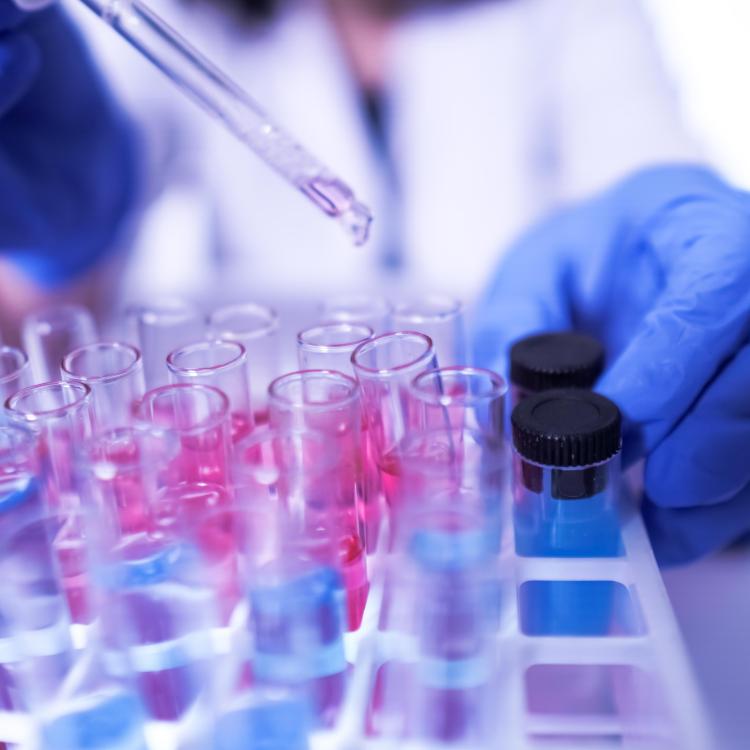In America, 25-30 million people, many of them children – live with a rare disease. Rare diseases are conditions that affect fewer than 200,000 people nationwide, and they are often difficult to treat and diagnose. Rare Disease Week serves as a reminder of their many needs and challenges and the work that researchers, clinicians, and our member companies do to bring these patients more advanced treatments.
In recent years, we have seen significant progress. Innovations such as monoclonal antibodies and cell and gene therapies are making a huge difference. Since 1983, more than 400 drugs and biologic products for rare diseases have been brought to market, a contrast from the fewer than 10 in the decade before that.
Yet, as the National Organization for Rare Disorders reports, more than 90% of people with a rare disease lack an FDA-approved treatment for their condition.
Even when treatments are available, many people face difficulty accessing them. In the case of new curative therapies, health insurers often restrict or refuse coverage even though research shows these treatments pay for themselves over time because they allow patients to avoid disease progression that could require intensive hospital care or organ transplantation. Current payment approaches, which focus more on short-term health care costs rather than long-term overall health care costs, do not serve these patients well.
People with rare diseases face significantly higher health care costs, recent research shows, and they need unique care and support. We at NPC are committed to doing our part to inform the policy conversation with high-quality research so people with rare diseases can have access to medical innovations that have the potential to dramatically improve their lives.




